I recently coached a VP of Business Development through finding a new role that truly aligned with his life’s mission. Let’s call him David. Like many of us, David had seen his share of ups and downs. Pre-2008, he owned multiple homes, drove luxury vehicles and took international trips annually. He was part of the 1%.
Post-2008, his fortunes shifted and he chose to offload a handful of assets to care for his family’s future. The c-suite roles he held between 2008 and 2016 were lucrative, but not fulfilling. They didn’t allow him to communicate in his preferred style, the things that motivated him weren’t being provided and his personal values were at odds with the organization’s stated values. The results of this misalignment included David being disengaged at work, he was filled with stress that negatively affected his health, his productivity fell and fear often drove poor two-way communication.
David and I worked through personality inventories, a Q&A session to uncover his life’s narrative and identified a robust list of organizations that we hoped would be a cultural fit for his experiences and desired ideal environment. After weeks of relationship building, David was having meaningful conversations about projects that truly aligned with his mission, values and goals. To assess how opportunities were or were not a fit for him, we used a decision matrix to compare the top three projects. Here are eight factors that can help you choose a role optimal for your professional development.
Communication Profile – The alignment of your preferred thinking and behavioral styles with those required by the role is foundational. If you’re an extrovert and people-oriented, attempting to complete a role where being an introvert and task-oriented is more productive, your level of stress may be higher and your performance may be lower. For more, read this.
Motivators – If you happen to be motivated by wealth production and control over your own destiny, but you work in a front-line role in a nonprofit, you’re likely to be less than 100% engaged. Your motivators explain why you do what you do and if your intrinsic why isn’t fulfilled, you’ll struggle to overcome your fears or manage change. For more, read this.
Values – Akin to what motivates you, your values help to define important lessons you’ve learned and what is important to you. Examples may be: autonomy, challenge, faith, honesty, learning, optimism, respect and service. These help guide daily decision making and what lessons you’ll pass to subsequent generations. For more, read this.
Intention – This is your personal mission; why you do what you do. Does your personal mission align with the mission of the organization you’re working for? If yes, you’ll be engaged and go the extra mile for your employer. If no, you may be mediocre because you don’t fully believe in what the organization does for its customers. For more, read this.
Ambition – This statement details your 3-5-year wildly important goals. What personal and professional accomplishments would you like to have? And, how does the project you’re considering align with these goals? If you see a connection, the opportunity may be a good fit for you. For more, read this.
Value Proposition – Bringing together your unique blend of hard and soft skills, life’s mission and values, your value proposition is your personal brand. It’s what makes you stand out in a crowded marketplace. No one has gone through the same experiences you have. Let’s position you as the subject matter expert you are. For more, read this.
Advantages/Disadvantages – As you assess an opportunity, you’ll want to consider things like travel time to and from the office, your rewards package, relationships you’ll build, the person you’ll work for, etc. and determine what you’re willing to sacrifice in the short term to achieve your longer-term goals. These are very tangible things that impact the distribution of your time and should be taken into consideration when making difficult decisions.
Expected Learning/Growth – Like most of humanity, you probably value continual learning. What do you expect to gain from a role that will propel you to be the best version of yourself? Having a growth mindset is important to remaining relevant. You’d want to jump at opportunities to have a mentor, earn stackable credentials or receive tuition reimbursement. For more, read this.
As David and I talked through each of the eight factors to compare his top three projects, it became obvious that one, the role he is in now, would appeal to his motivators, align his and the organization’s mission, move him much closer to his short-term goals, offer continual learning and much more. I’m proud of the work he did with me and the success he’s experiencing today.
For ultimate happiness in your career, you can’t simply consider the compensation, benefits and vacation pay offered. You’ll benefit tremendously by thinking more deeply about who you are, what you’ll gain from an experience and why you do what you do… aligning those with the eight factors… and you’ll proactively design a life where you communicate powerfully, confidently execute strategy and engage your community.
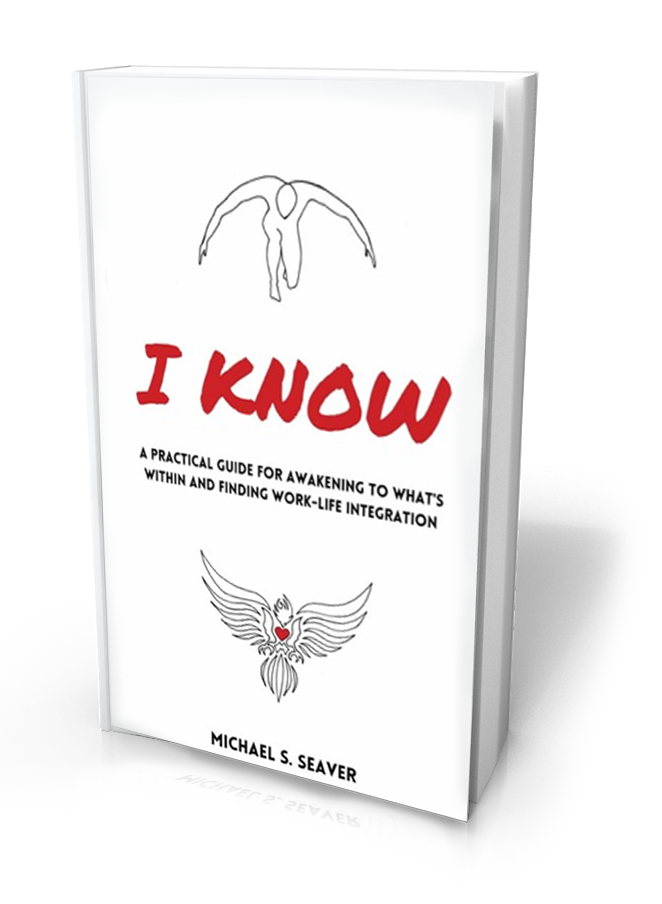

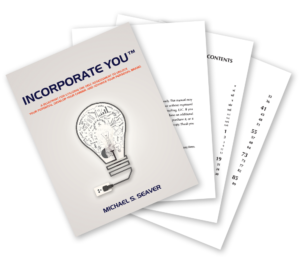
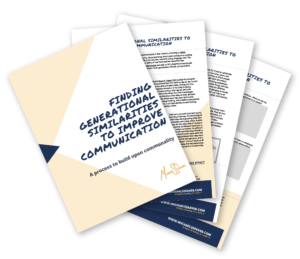
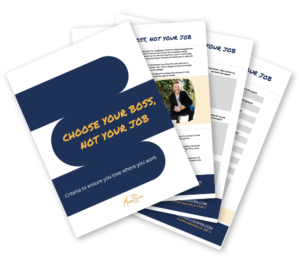
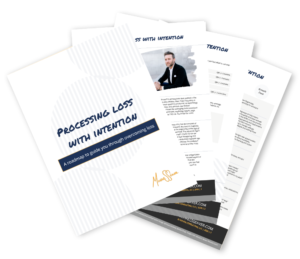
Connect with me